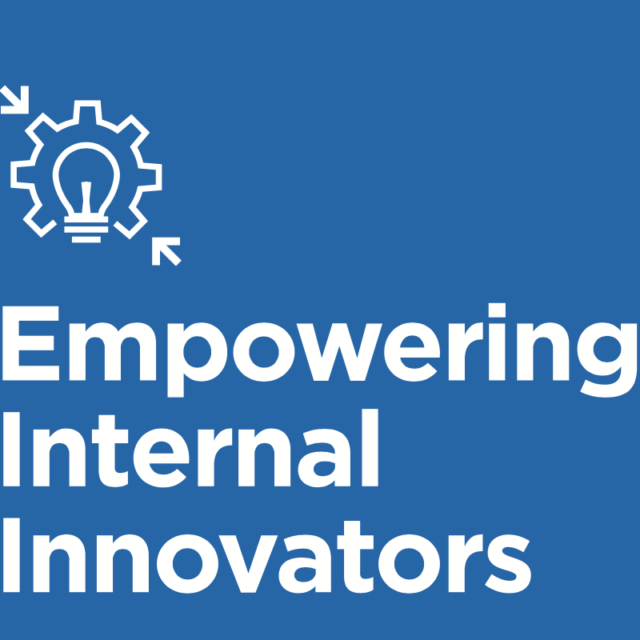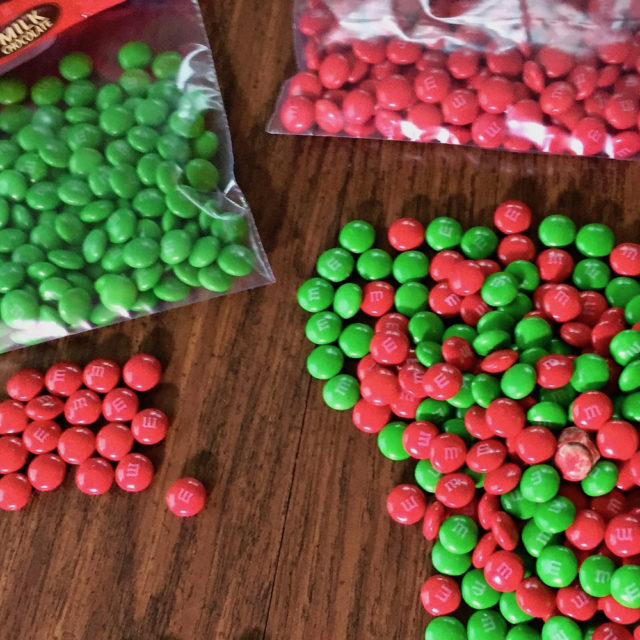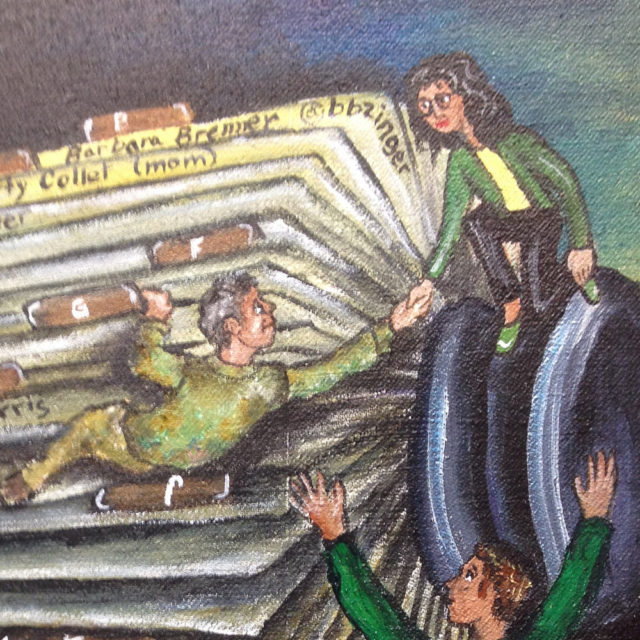Today is Rare Disease Day, when we lift up the stories of the 300 million people who live with more than 6,000 rare conditions. This year’s theme focuses on bridging health and social care, alleviating the heavy burden on people who coordinate medical, social, and support services for themselves and their loved ones. The National […]
Celebrating innovation as a problem-solving tool in government
On January 6, 2017, I published my final post as the Chief Technology Officer of the U.S. Department of Health and Human Services. My intended audience included people I’d never met: the incoming agency leadership. I’d written a memo for the transition team, which greets and orients the new leaders, but I wanted to publish a […]
Fact sheet: U.S. teens and adults at the intersection of health and technology
In an earlier post I shared the history of the “fact sheets” I maintain about health and technology. I thought I’d share a few highlights from the grandmother of them all — key data points on U.S. teens and adults and their use of technology to pursue health. It is the first one I created when I […]
A taxonomy of health data
How do you define “health data”? To borrow a phrase from Daniel Solove, it is a concept in disarray and in need of a taxonomy. Here are the items that fall naturally into the health data basket: electronic health record data current or past health and disability status, including mental and physical well-being medication lists […]
Podcasts: What are you listening to?
What podcasts are you listening to? I’m on a kick to listen to a wider range this year and I’d love to get and share some suggestions. Quick note: It is way too difficult to find and subscribe to podcasts. Some have websites, most don’t. You have to search for them on iTunes, Stitcher, or […]
Public Q&A: Empowering people in their relationships with clinicians
In the spirit of public Q&A, I’m sharing an intriguing question I received recently from a community colleague. Check out my answer and then add your ideas and suggestions in the comments below. Do you know of any particularly good or interesting services to empower patients in their relationships with doctors, especially ones which involve […]






Recent Comments